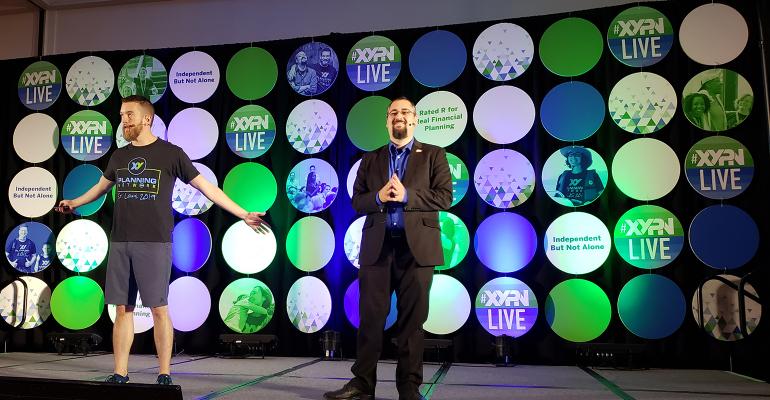Colorado financial planners working under a subscription-based fee model face new regulatory requirements that put them at a disadvantage, according to a comment letter submitted to the state’s Division of Securities by the XY Planning Network.
The letter is in response to the Securities Division's "Ongoing Financial Planning Guide" from March that addressed the rise of the subscription fee model for planners, stating it raised “compliance questions for firms and regulators who are often more familiar with hourly or a one-time fixed fee compensation for services.”
But while XYPN agreed that advisors should be required to clearly explain their services given in exchange for fees, the new guide put an “undue burden” on planners using the subscription fee model, according to XYPN co-founder Michael Kitces.
“As a result, Colorado’s OFP Guide would impose new requirements on financial advisors delivering financial planning for a fee that do not apply to advisors who may already provide identical financial planning services under the AUM model,” Kitces said.
The OFP Guide consisted of compliance issues and best practices the division exam staff gleaned through examinations of investment advisors, according to the guide. In it, the division stressed that any subscription fee model must have “clear deliverables” and demonstrate that there was work completed as a part of the arrangement.
“Generically stating that the firm will provide continuous or ongoing financial planning services, or that the advisor will be available to assist clients when needed, will generally be insufficient,” the guide read. “Advisors should avoid using unquantifiable or emotional descriptors such as ‘holistic,’ ‘comprehensive’ or ‘well-being’ and focus on more concrete tasks and deliverables that will support the client’s confidence regarding their financial health.”
The guide also argued advisors charging retail clients for the advisors’ availability was unreasonable, and fees should only be charged for work that’s already been or shall be done. Such services should be itemized on an invoice every time a fee is charged, and the division mandated advisors could not charge more than $500 in fees six or more months in advance without facing additional regulations.
But advisors using different models resulting in identical fees could face starkly different requirements under the guide’s strictures, according to XYPN’s letter. As an example, an advisor charging a $250 per month fee on a $300,000 account would have to provide deliverables for clients, an itemized invoice of services, refund fees when no deliverables were provided and additional documentation, according to XYPN. But an AUM-based advisor charging a 1% AUM fee on the same asset value (resulting in an identical monthly fee of $250), would not have to follow the same requirements.
XYPN CEO Alan Moore argued traditional AUM models leave advisors unable to assist younger investors who can’t meet asset minimums. They typically find their way toward advice via a subscription model.
“By imposing additional recordkeeping, documentation, disclosure and other regulatory obligations on financial planners who charge fees without requiring an investment minimum, Colorado’s OFP guide will raise the cost of serving currently underserved populations and limit access to financial planning for Coloradans,” Moore said.
Additionally, Kitces called for a “more formal rulemaking process” for the OFP Guide, arguing that since the guidance could restrict services advisors could provide, a longer process would require evidence of “the unique harm” Colorado investors face from subscription fee-model financial planners. As of now, the guidance was “akin to rulemaking but without the due process afforded in rulemaking,” the letter read.
As guidance, it was effective as of the date of publication, but Kitces argued that some of it was substantive enough it should go through the lengthier rulemaking process (which would have delayed it's effective date).
“The division should give representatives from the public and industry an opportunity to provide input that the division should consider before imposing such requirements as guidance,” the letter read.





